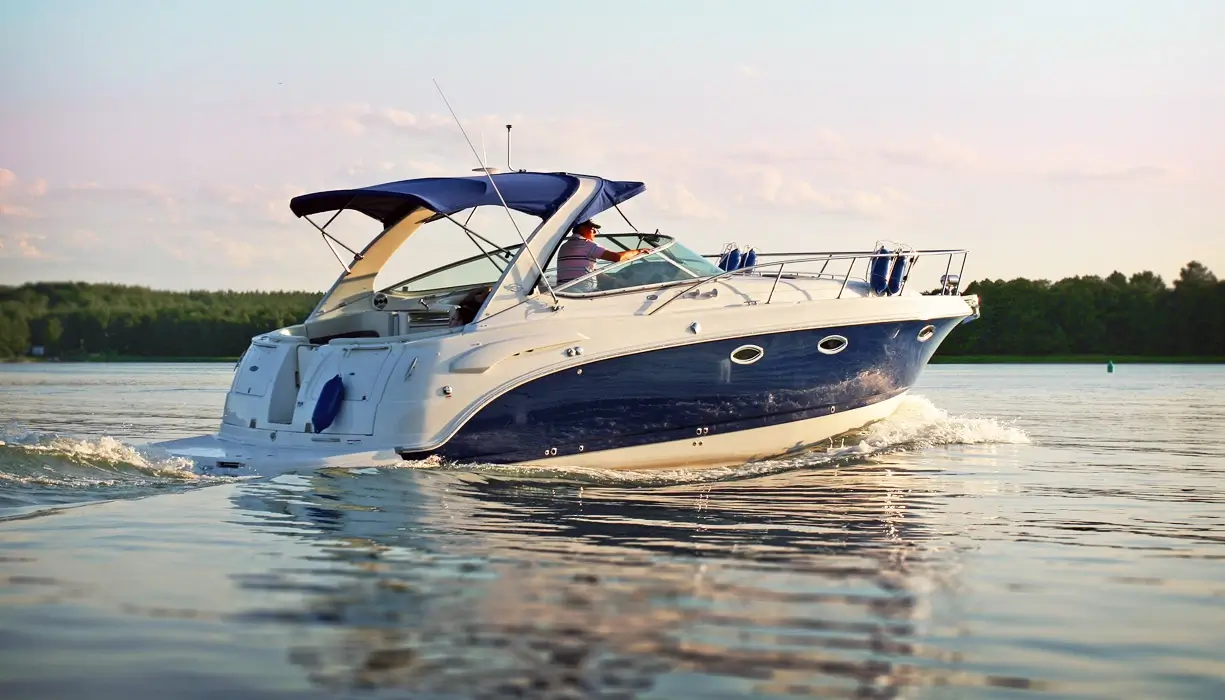Boating while intoxicated is illegal in all 50 states

As Memorial Day approaches, it’ll be the first chance many have to get out and truly enjoy the beautiful spring weather before it gets too hot. And for most that have bodies of water near them, boating instantly becomes a part of the weekend plans.
However, it’s important to refresh yourself on state laws before going out onto the water for the first time this year. BAC levels differ per state, and the rules are also different depending on if you are operating a boat or driving a car. In Iowa, consuming alcohol on a boat is legal as long as the operator of the boat is not under the influence. Remember that if you plan on doing any other water activities such as water skiing or tubing, you may want to wait to consume any alcohol until after you are finished.
According to the U.S. Coast Guard, there are many factors that can multiply the effects of alcohol when you are on the water. These can include the sun and its glare off the water, water movement and wind. When you are boating or operating a motor vehicle, alcohol can quickly diminish your ability to make good decisions and reduces your reaction time. Also, most people spend fewer hours operating a boat than anything else, so lack of experience can also play a role in accidents on the water.
A 2006 study by the U.S. Coast Guard found that 22.6 percent of the Boating Accident Report Database’s fatalities in 2002-2003 mentioned alcohol or drugs as a contributing factor to the deaths and 35.8 percent had a mention of alcohol or drugs somewhere within the record. However, it’s important to understand that coast guard statistics doesn’t include smaller accidents that have occurred, which don’t need to be reported. It’s likely that there have been even more deaths related to alcohol that weren’t reported to the coast guard, therefore they aren’t included in statistics. Also, some accidents might not have been reported due to a lack of understanding of regulations by boaters.
This law does not apply to only motor boats, but all boats, including canoes and smaller manually powered boats. In Iowa, here are the consequences of operating a boat while intoxicated, per the Iowa Department of Natural Resources:
In Iowa, refusing to submit to a breath test can be detrimental. If you do refuse, it can result in a $500 fine and a one year suspension of boat operating privileges. The laws become even stricter if you are a repeat offender. During a second offense, a refusal results in a $1,000 fine as well as suspension of boat operating privileges. Third-time offenders who refuse to submit to a breath test will receive a $2,000 fine and suspension of boat operating privileges.
In some states, receiving a BUI can result in jail time, and in others, it could also directly affect a person’s driver’s license privileges. In states such as California, your driver’s license could be suspended because of a BUI. In other states, if you already have a DUI and are on probation, this would count as an alcohol violation.
In the infographic, the orange states represent those in which receiving a BUI could affect their driver’s license or driving record. Blue colored states represent those who don’t have laws in which a BUI would affect a driver’s license. Most states have a “no tolerance” law for minors who choose to consume alcohol and then operate a vehicle. The BAC level listed within each state shows the minimum level required in order to get a BUI in that state.
So remember, as you’re planning your weekend activities, be careful with the decisions you make that involve alcohol. Choose to have a designated driver, whether it be on a boat or in a car. Don’t put yourself or others at risk while you’re having fun because it could result in you being behind bars before the weekend is over.
For more information about an Intoxalock ignition interlock device, call our state specialists at 833-623-0200.




